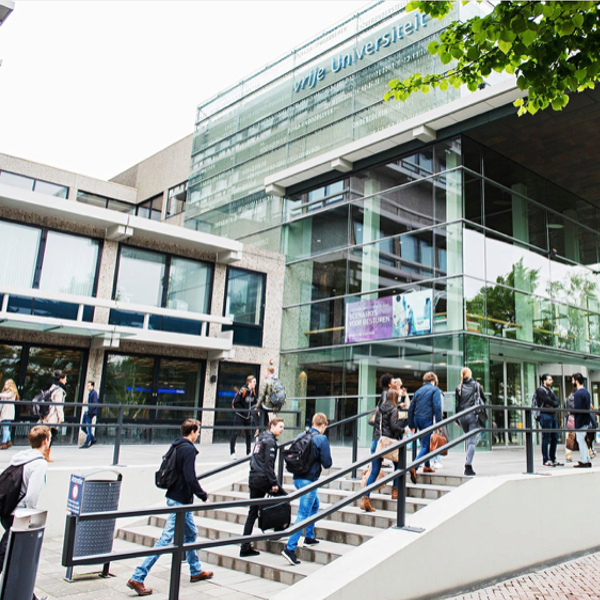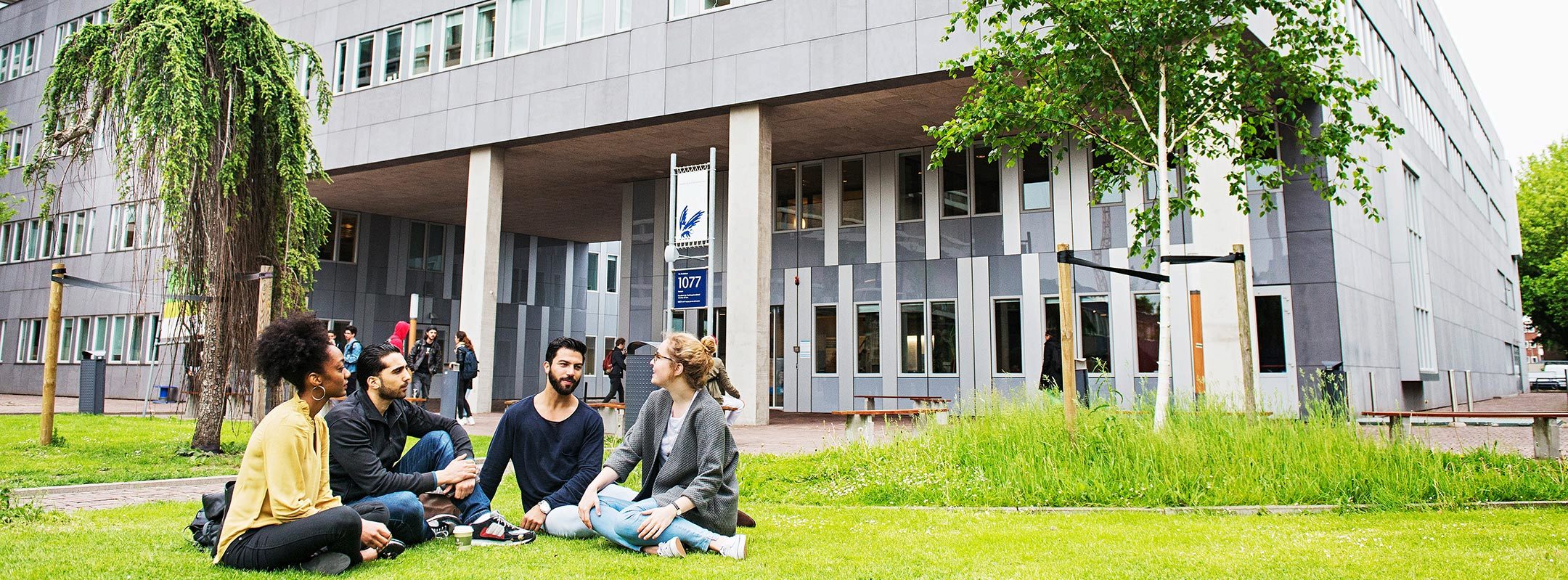Climate change and sustainability are global issues. In your opinion – what role do lawyers, and most importantly law students play in combating its effects?
The complexity of climate change and the pathways for transitioning to a circular economy has shown that many different disciplines and expertise must be coordinated. Lawyers are increasingly required to advise their clients on issues, such as, the impact of new regulations, climate litigation and innovation. Circularity calls for specialized knowledge but also for a new way of thinking.
Lawyers are instrumental for assisting businesses in the transition to a circular economy, to help them deal with environmental, social and governance risk management and with complying with increasing regulation. We see law students very engaged and interested in understanding the complexities of the link between the law, climate change and business. They constructively want to be part of the solution and want to make an impact on society. Therefore, students increasingly look for a specialized education that will enable them to pursue a career in the field of law, climate change & sustainability.
A danger foreseen is a danger avoided? Is climate change to in your opinion a danger to be avoided by business law?
Many times yes; predicting a danger may help you to avoid it. However, climate change is a different story. It is perhaps the biggest challenge that humanity has ever faced. In this case the dangers of climate change are already there and are already felt in many parts of the world, such as the Philippines, Africa and Antarctica. There is much to be done if we want to avoid these dangers to grow bigger and deeper. The law has certainly, in my opinion, a role to play. Regulation may contribute to fight climate change and minimize its effects. However, while ideally regulation is expected to protect certain interests, such as the environment or public health, and at the same time allow technological innovation and industrial development, finding this balance is a challenge.
International business in a roaring world between innovation and profit issues? How does sustainability fits in there?
In my opinion the answer lays with the principles of the circular economy. One of the most challenging and complex issues facing our global economy is how to move from the unsustainable "business as usual" to one that is circular and adequate for society, the environment and the economy. Businesses that do not engage with the transition to a sustainable business model will lack a competitive advantage. The transition to a circular economy is far reaching; it entails change at all levels of society. Sustainability and innovation are expected to be at the core of business transformation. Innovation is key for addressing this transition and the law is key to facilitate innovation and enable the creation of new opportunities for businesses to thrive.










